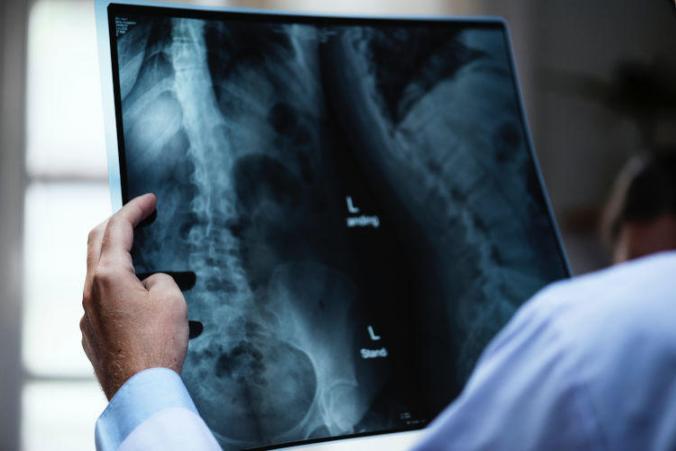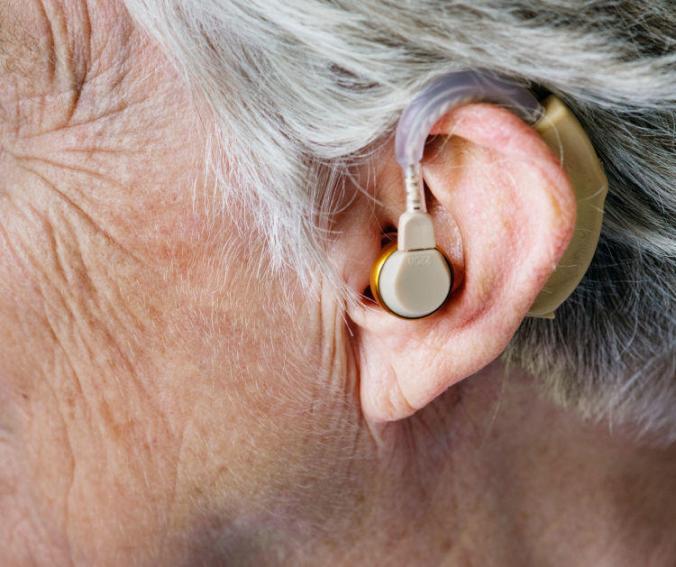I am very busy these days. While the past few weeks have handed me no shortage of professional challenges, and while I’ve certainly had my moments of frustration, I’m not complaining. A lot has changed since I came on board at Casey & Casey P.S. and founded Reck Law, PLLC. Changes are going to continue as we improve and grow in our exemplary representation of injured workers throughout the Peninsula and across the State. I’m going to continue being busy for a long time to come.
I’ve received compliments lately on my work ethic and accomplishments since taking the helm at Casey & Casey. While I appreciate the compliments and the sentiments behind them, sometimes I feel like people think this is nothing more than a gamble. It is very early, and time will only tell how my business will grow and evolve, but my decision to take the lead at Casey & Casey, P.S. and to launch Reck Law, PLLC was no gamble. It was a calculated and deliberate decision I made because I was ready to take the next step in my career, because I believe in my representation of injured workers, and because this is exactly what I want to do.
Tonight, as I reflect on what has been a very full day, I am grateful for everything I was able to accomplish. I started my morning by having a great strategic conversation with an incredible client. I met an injured worker who is not my client, but who is finishing up a retraining plan under his claim and about to start a new career as a paralegal after sustaining a career ending industrial injury. I participated in a vocational meeting that provided my client with hope for a fulfilling future after years of struggling following a catastrophic injury. I participated in several conferences, and finally made some forward movement in a case that has been standing still. I participated in a conference with an injured worker, her attending physician and the medical director to try and develop a treatment plan for a complex condition. Finally, I took testimony from an attending physician as part of an ongoing Board hearing. In other words, I enjoyed an incredibly busy day doing the work I am passionate about doing.
As the first month of 2019 comes to an end, I want to thank my wonderful clients and everyone who has encouraged and supported me at Casey & Casey, P.S. | Reck Law, PLLC. You are the best family, friends, staff, colleagues, and clients I could ask for. There is a lot of work to do and I’m ready to do it.


